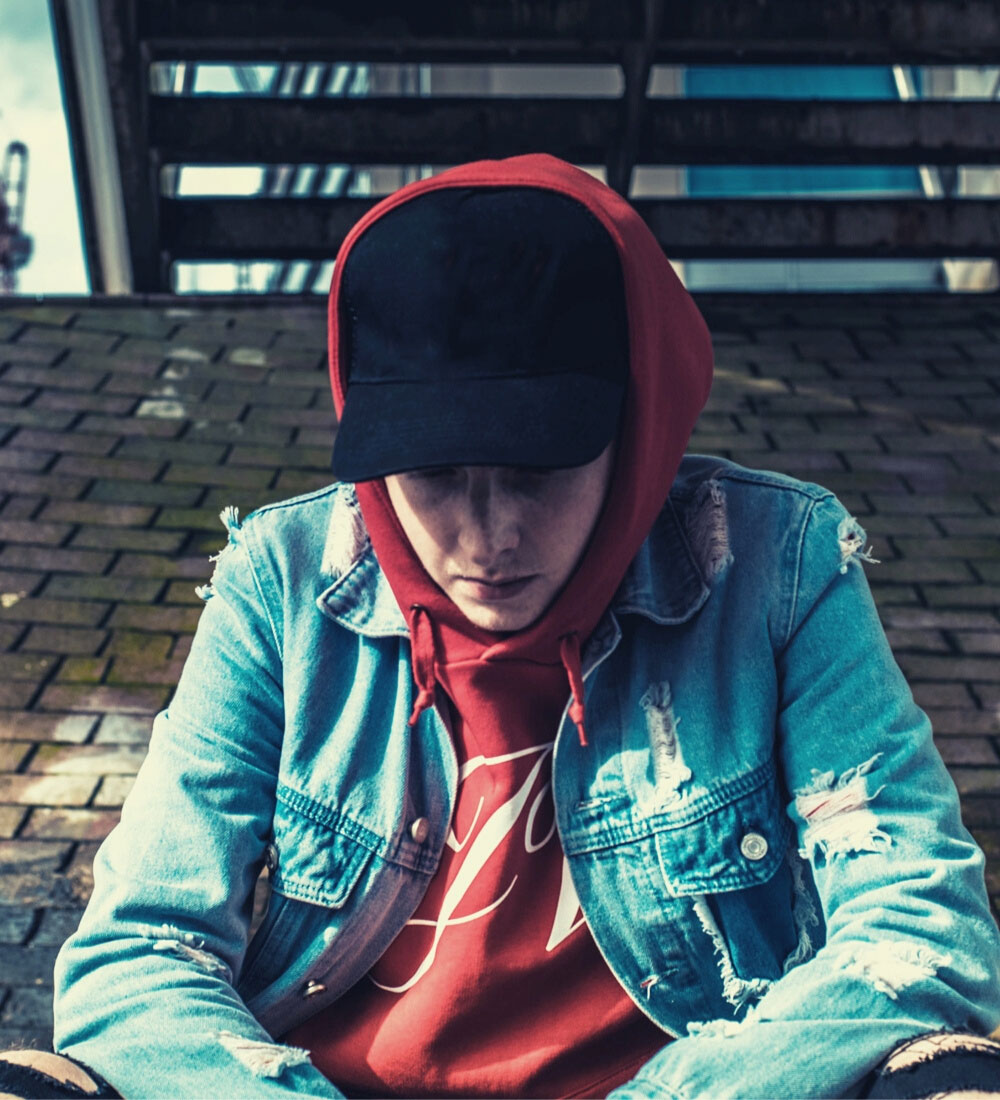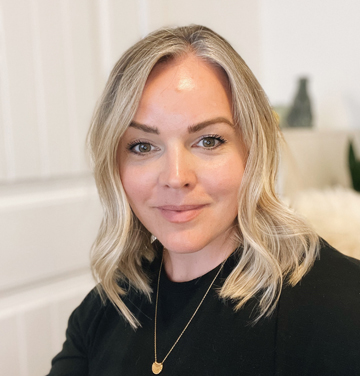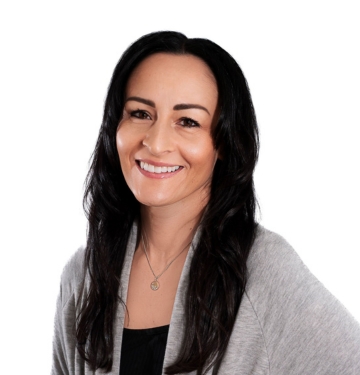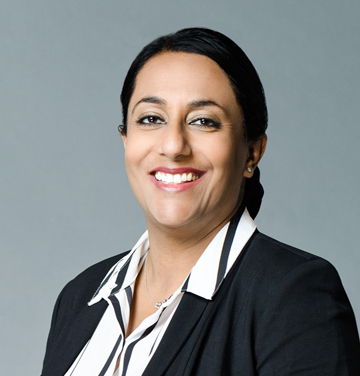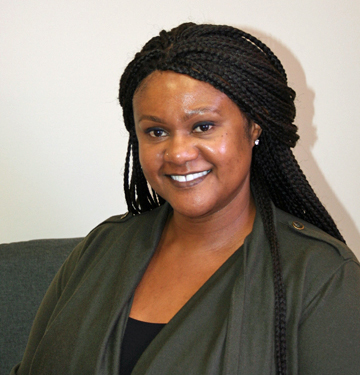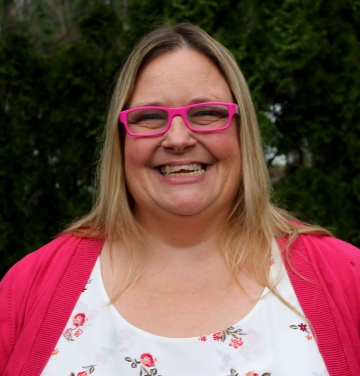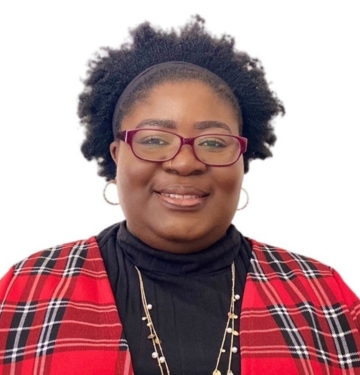Youth & Young Adults
The teen years are challenging, especially in our super-competitive, technology-based world. Now, challenges are intensified in the midst of the global pandemic and the conflict and confrontation occurring as worldwide movements work to end systemic injustices.
Yet, despite personal traumas or the social/economic environment, it is each individual’s experiences during their teen years that will shape their adult life — either positively or negatively.
Teenagers face the same levels of stress as adults, but without the life experience and knowledge that adults have to draw on.
There’s pressure to perform at school. Sometimes there’s also pressure to have a job. There’s pressure to have intimate relationships early on. For many, their family life isn’t functioning and they’re more aware of it than when they were younger. In single-parent homes, teenagers may be “parentifyed,” given the responsibilities of a parent or a pseudo-spouse.

Pressure and stress can lead to anxiety for youth.
There’s a great deal of pressure on young adults, and they don’t necessarily have the right framework or foundation for effective coping strategies and skills. As a result, youth may engage in unhealthy coping strategies such as isolation, substance abuse or self harm. And there can be a great deal of anxiety.
With various pressures from others and themselves, teens can feel anxiety about what’s next. Unresolved anxiety then shows up in many ways, including behaviour such as absenteeism at school, or physically such as stomach aches. The fundamental driver of their stress and anxiety is that teenagers don’t really have the resources quite yet to deal with the complexities and pressures that they’re facing.
Talking about situations that trigger their anxiety and learning ways to cope and overcome the triggers are constructive ways to move forward and gain control over anxiety.
Bullying, social media & disconnection
High school challenges are further exacerbated with bullying in person and online in social media. Speaking of social media, the amount of time everyone (teens and adults) is spending interacting with devices has the potential to create a more disconnected or lonelier society — even now, as we strive to stay connected to our communities through online video events.
One impact of disconnection for teenagers is that they may have few people to turn to for real support. With both parents working, before COVID-19 they would come home to an empty house. Now during the pandemic, parents may still be unavailable because they’re working from home or have their own stresses dealing with uncertainties. Young people generally aren’t having real conversations with their parents because everyone is busy. And at school their friendships are tenuous at best. Those they consider to be friends may become the ones who call them out for something as inconsequential as the pants they wore and blast it on social media.
“Success is not final, failure is not fatal. It is the courage to continue that counts.”
— Winston Churchill

Our life’s journey is not a straight line.
It’s easy to look at others who are older, who appear to have it all together, and think the success we see in their lives was gained effortlessly.
But what we don’t see are their struggles, the times they made a fresh start, the times they picked themselves up and tried again… and again… and again.
How youth counselling helps
A youth counsellor is a tremendous support for a young person struggling with their personal situation.
- The counsellor listens objectively. They don’t have the emotion and personal perspective that a parent of other family member has. This allows them to ‘see’ what the teen and their family cannot — behaviour patterns, blind spots, etc.
- The counsellor’s expertise enables them to skillfully guide the teen to reflect on their experiences, behaviours, and thoughts in new ways.
- They also provide the tools to make changes that will help them to make new choices and achieve goals.
- For some young people, their experience with the counsellor is one of their first really positive experiences in which they are
- respected in their choices and goals,
- supported while at their most vulnerable, and
- guided in how to make significant changes that will positively affect their future.
New to Counselling?
Book a free 20-minute consultation with one of our youth counsellors in person or by phone.
“Persistence and resilience only come from having been given the chance to work through difficult problems.”
— Gever Tulley


